Pathogens and Antigens
What are they and what do they do?
Pathogens are foreign bodies that enter an organisms immune system. Antigens are proteins that are found on the surface of the pathogen. Antigens are unique to that pathogen. The whooping cough bacterium, for example, will have different antigens on its surface from the TB bacterium. When an antigen enters the body, the immune system produces antibodies against it. Antigens are "targeted" by antibodies. Each antibody (immune response) is specifically produced by the immune system to match an antigen after cells in the immune system come into contact with it; this allows a precise identification or matching of the antigen and the initiation of a tailored response. The antibody is said to "match" the antigen in the sense that it can bind to it due to an adaptation performed to a region of the antibody; because of this, many different antibodies are produced, each with specificity to bind a different antigen while sharing the same basic structure.
Back to Main MenuAntibodies
There are five classes of antibodies, each having a different function. They are IgG, IgA, IgM, IgD, and IgE. Ig is the abbreviation for immunoglobulin, or antibody.
Pentamer
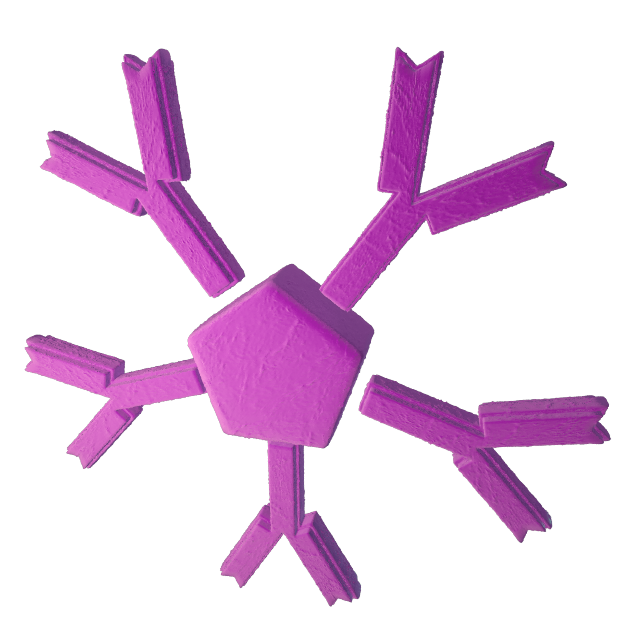
IgM is present in the blood and is the largest of the antibodies, combining five Y-shaped units. It functions similarly to IgG in defending against antigens but cannot cross membranes because of its size.
Dimer
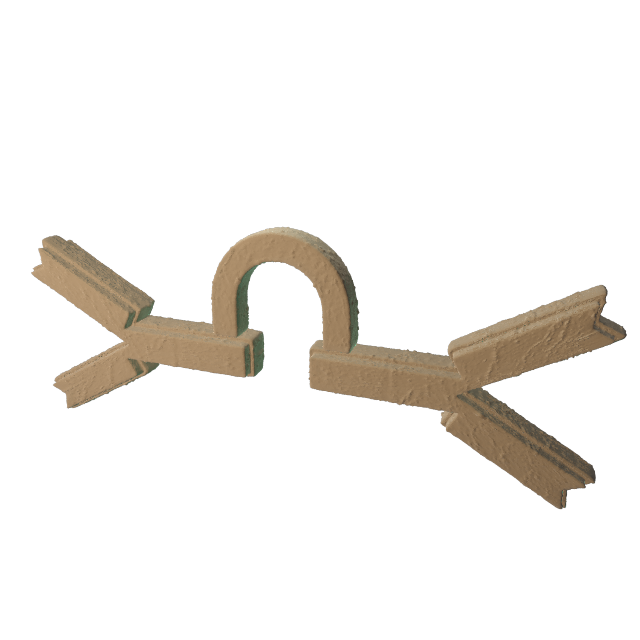
IgA antibodies are present in tears, saliva, and mucus, as well as in secretions of the respiratory, reproductive, digestive, and urinary tracts.
Monomer
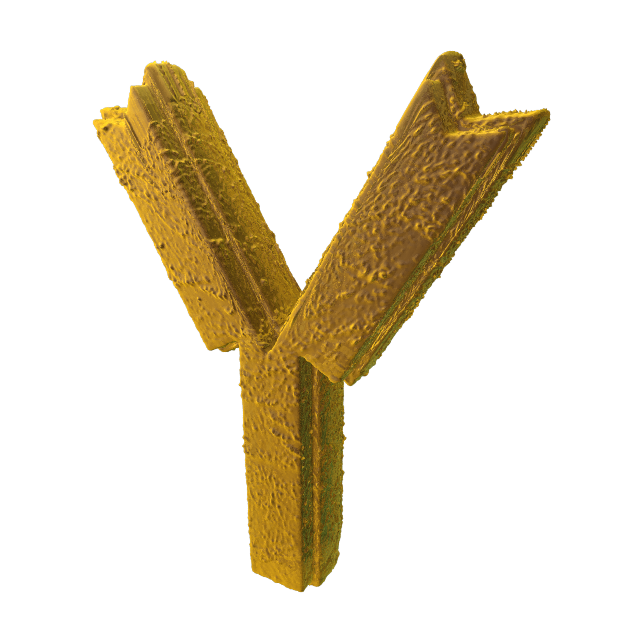
IgG antibodies are the most common and the most important. They circulate in the blood and other body fluids, defending against invading bacteria and viruses. The smallest of the antibodies.
IgE antibodies are present in tiny amounts in serum (the watery part of body fluids) and are responsible for allergic reactions.
IgD is present in small amounts in the blood. This class of antibodies is found mostly on the surface of B cells—cells that produce and release antibodies.
Pathogens
There are various types of pathogen: Bacterial, Viral, Fungal, Prionic, Algal and other parasites. Here are some examples..
HIV
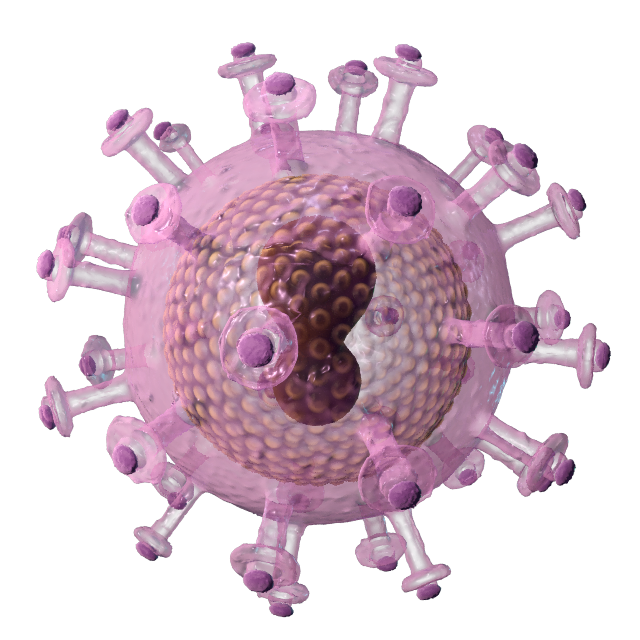
HIV is a is a lentivirus (a subgroup of retrovirus) that causes HIV infection and over time acquired immunodeficiency syndrome (AIDS). AIDS is a condition in humans in which progressive failure of the immune system allows life-threatening opportunistic infections and cancers to thrive.
Fungus
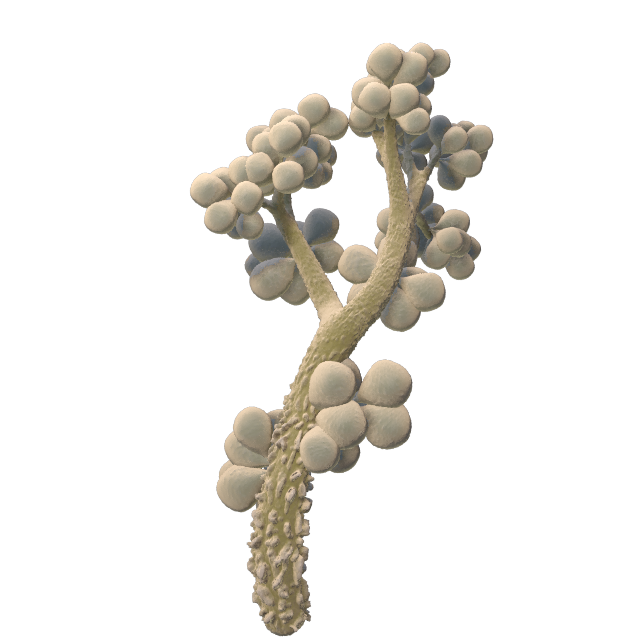
Pathogenic fungi are fungi that cause disease in humans or other organisms. Approximately 300 fungi are known to be pathogenic to humans.
Streptococcus
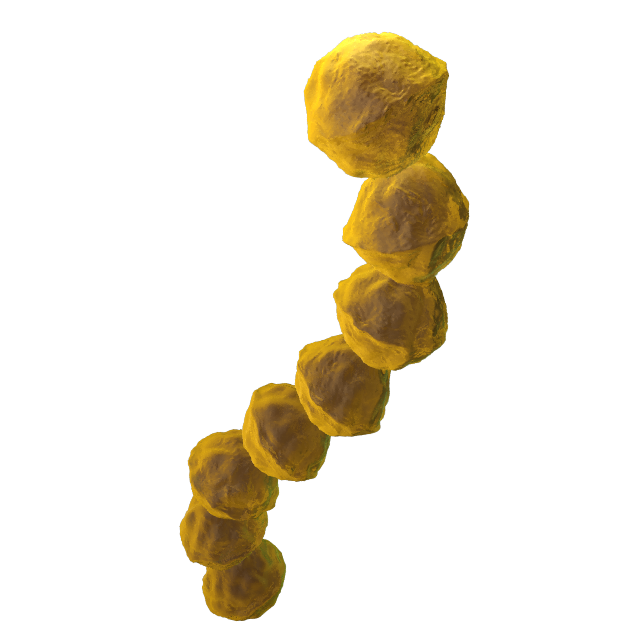
This is a bacterial pathogen. Currently, over 50 species are recognised in this genus. This genus has been found to be part of the salivary microbiome.
Host Organism Cells
There are many different types of cell in an organisms body.
Blood Cell
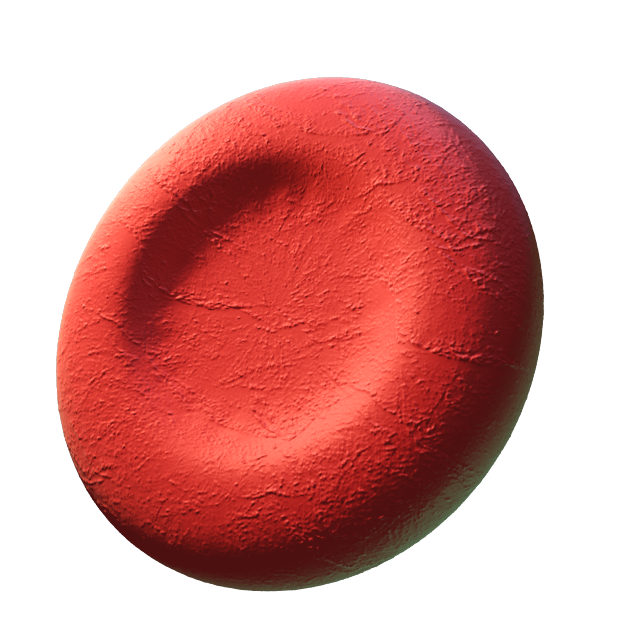
Red blood cells, also called erythrocytes, are the most common type of blood cell and the vertebrate's principal means of delivering oxygen (O2) to the body tissues—via blood flow through the circulatory system.
Body Cell
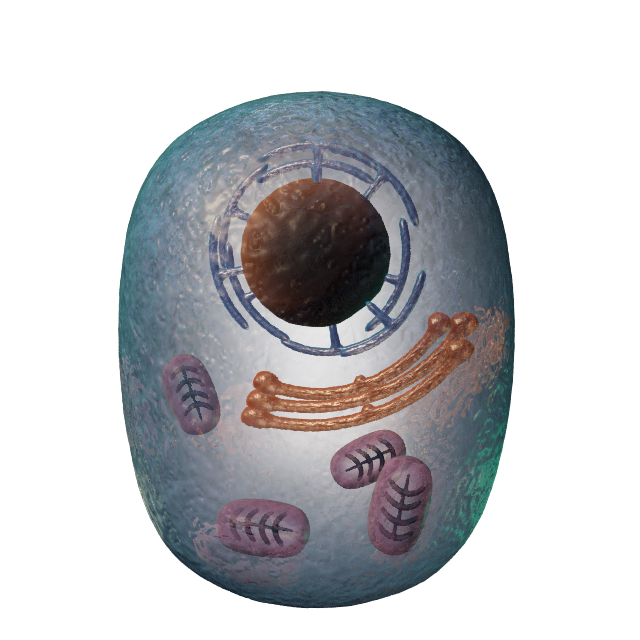
These cells are used to build the bodies of organisms. The body contains trillions of cells, the fundamental unit of life. At maturity, there are roughly 30–37 trillion cells in the body, an estimate arrived at by totalling the cell numbers of all the organs of the body and cell types. DNA sits within the nucleus of a cell. Here, parts of DNA are copied and sent to the body of the cell via RNA.
Play with the similations
There are 2 types of similation. 'Sandbox' is a free play canvas where you can place any type of cell onto the canvas and watch what happens. This is relaxing and shows you how each cell reacts to the other.
'Play' is a timed survival game. You have to match the colour of your Antibodies with the colour of the Pathogens to cancel them out and prevent them destroying your good cells..
Monatomic Gold
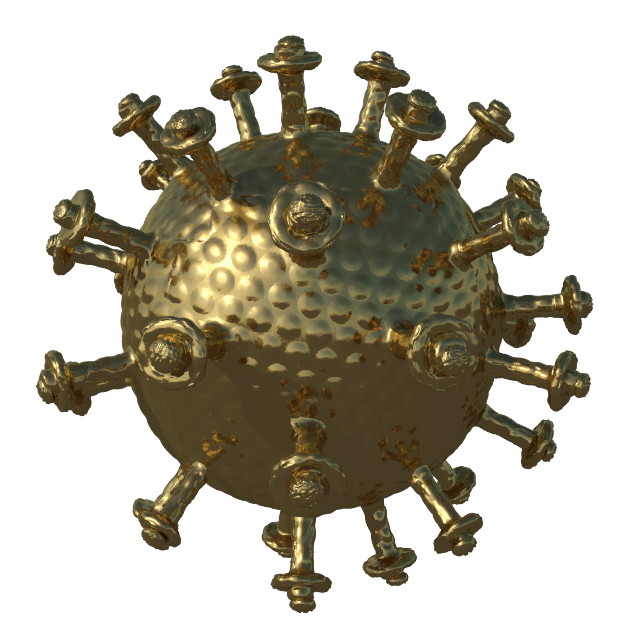
This is produced in the game as a collectable. Collect it to increase your Antibody store. Certain types of Pathogen like to steal it. This part of the experience is fantasy.